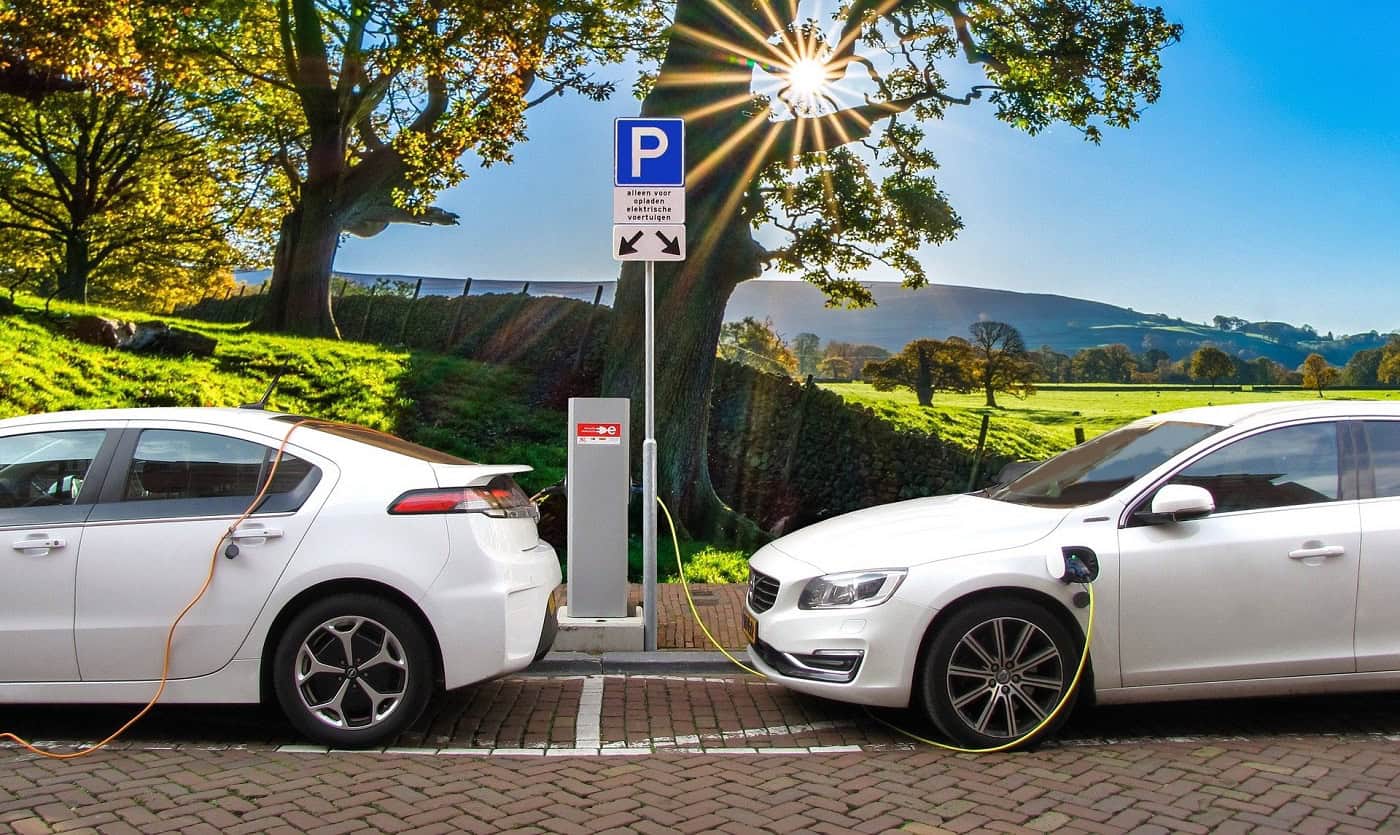
The Future Should be Electric AND Accessible
Electric vehicles (EV’s) have long been on the horizon, however, more recently the government’s deadline for when EV’s are to become the norm has been shifting closer and closer. What was once a 2040 objective for all new cars to be electric vehicles was brought forward to 2035 and more recently to 2030. That’s less than 10 years away!
EV’s have some benefits for those with disabilities such as a spinal cord injury. For one thing your car can be refuelled at home! Unless you know someone who has limited mobility it may have never even crossed your mind what a challenge the relatively mundane task of getting petrol can be. Think for a moment of the petrol station you most commonly use. Is there sufficient space for a wheelchair user to pull up and be able to open their door and get their chair out and then manoeuvre around their car and the pump?
Due the time and effort involved, some wheelchair users will rely on their passengers to fill their car up and then go in and pay. There are also apps that you can download that notify petrol stations who sign up that you are coming/waiting, so that they can come out and assist. However, the reality is that there is no guarantee that you are going to be their top priority; especially if they are short staffed or you have someone new working there. Some places, such as Tesco, even have their own guidance for those who require help which states “To get help with refuelling, sound your horn (or turn on your hazard warning lights) and make sure your blue badge is clearly visible through the front windscreen.” Maybe it’s just me but I certainly wouldn’t relish pulling up at a petrol pump and then proceeding to beep my horn whilst everyone around me wonders what’s going on!
Therefore electric vehicles do have the potential to make this aspect of daily life a little easier for those with disabilities. But eventually the situation is going to arise when your EV needs to be charged when you are out and about. So what then?
Presently the infrastructure for electric vehicles is in its infancy and it would appear that when it comes to accessibility, it is failing. In a recent survey of electric vehicle drivers carried out, Zap-Map, an EV mapping service, spoke to 2,200 EV drivers on their experiences using Britain’s charging network over the past four years. Of those who identified as being disabled “one-third… had difficulties locating a suitable charger that could meet their needs, with one in seven noting their very specific challenges with the weight of charging cables. The survey also revealed that some users experienced difficulties with the force required to attach the connector, the lack of dropped kerbs around charge points, and unsuitable parking arrangements.”
I would argue that all existing petrol stations should be fully accessible and that anyone living with a spinal cord injury or disability shouldn’t have to spend extra time on such a mundane task or rely on other people helping them. They should be able to use any petrol station with ease and speed. Whilst historically petrol stations haven’t been designed like this, we are entering a new era. Clearly from the information gathered by Zap-Map, accessibility has not been given sufficient thought in those charging stations built to date. We’re now looking to the future with a need for bigger infrastructure. The question is – will it be better?
In Braintree in Essex there is a brand new Electric forecourt dedicated to electric vehicles that is one of the first of its kind in the country but it is unclear from their website whether accessibility has been considered in the design of the forecourt. I’ve tried numerous online searches to find more information on truly accessible electric vehicle charging throughout the country but I could only find one article about a NCP in Salford. Of course there may be others out there and it may be my inadequate search terms but it doesn’t look good.
So the question that I would ask is whether this opportunity to start essentially from scratch is being embraced sufficiently when it comes to making electric vehicle charging fully accessible? I really fear that it is not and that we are going to lose what could be a fantastic opportunity to make a real difference to the lives of so many people. Yes we must focus on becoming greener but we should also embrace this opportunity to become more accessible. The future must be greener; it appears the future is going to be more electric; let’s go the whole hog and make it accessible as well.










